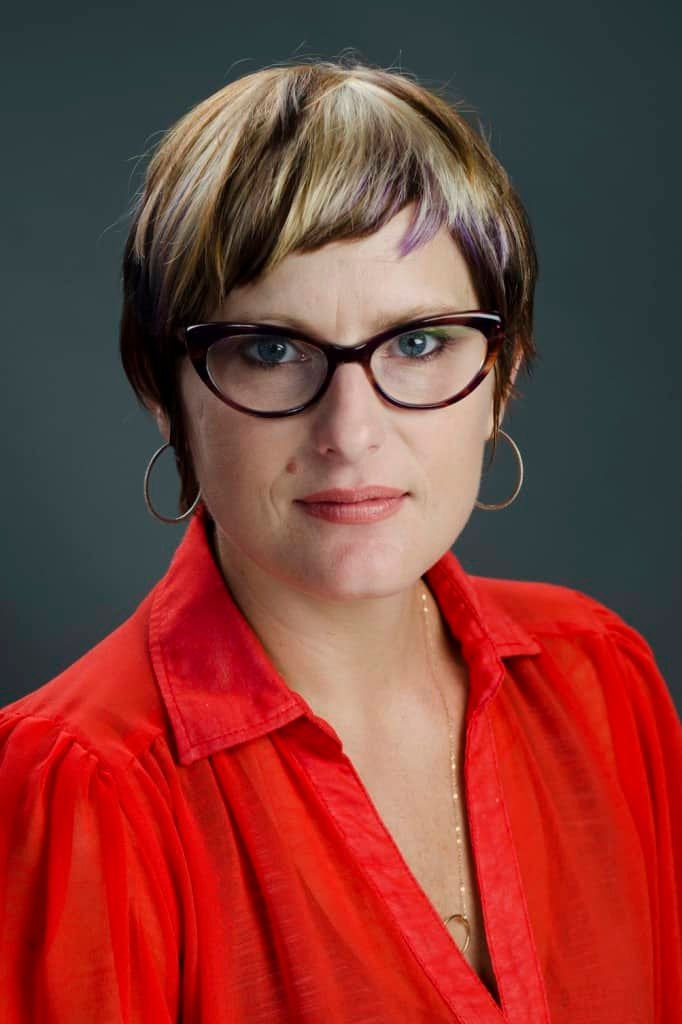A program implemented by Texas A&M AgriLife Extension in collaboration withThe University of Texas at Austin’s School of Social Work is increasing access to early detection screening for breast cancer among low-income women living in Texas rural areas.
The Regional Friend to Friend Patient Navigation program, a research-tested intervention with funding from the Cancer Prevention Research Institute of Texas, has been already implemented in forty-six rural Texas counties. Through this program, patient navigators inform women about available screening services. If cancer is found, navigators assist them in finding resources to help pay for needed treatment.

Since the inception of the program in March 2012, over 2,000 women have received navigation services in rural Texas. During the most recent quarter alone, over 300 women received a mammogram, and for many of them it was the first time they had been screened.
“We know that Texas rural women are being diagnosed later than their urban counterparts,” said Dr. Catherine Cubbin, associate professor at the School of Social Work. “Costs and lack of access to screening services are significant barriers for these women. Patient navigators are instrumental to help detect cancer earlier, which means that treatment will be more likely to work and will cost less.”
The Texas Department of State Health Services estimates that, every year, over 17,000 women are diagnosed with breast cancer in Texas, and that one in five of them will die. Early detection screenings can make a world of difference. According to the American Cancer Society, when breast cancer is found at an early and localized stage, 98% of women survive five years or more after diagnosis.
A complex bureaucracy of overlapping and fragmented health systems deters many low-income women in Texas rural areas from accessing needed cancer screening services.
Take for example Michelle*, a wife and mother of two who works at the local daycare and earns just enough to make ends meet for her family, but too much to receive Medicaid. The Texas county where Michelle lives has a full-service health department offering mammograms for all women who qualify for Primary Health Care, a state-wide program that provides services for families with income below 200% of the federal poverty level. The program covers the test but requires patients to pay for the professional radiology reading needed to make sense of the mammogram–at least $100 out of pocket. This cost discourages Michelle and many women like her from pursuing screening exams altogether.
But if Michelle drives 30 minutes into a neighboring county, its health department would cover the entire cost of mammogram and professional radiology reading, because this county participates in the federally funded program Breast and Cervical Cancer Services. The cost of gas would be much less than the $100 Michelle would have to pay for the radiology reading in her home county.
 The navigator program is designed to provide women like Michelle with the missing links in the fragmented health system, so that they can afford early screening services that can save lives. The navigator program builds upon the success of Friend to Friend, an evidence-based program developed with funding from the National Cancer Institute that promotes the organization of “pink parties” to bring awareness about the importance of breast and cervical cancer screening.
The navigator program is designed to provide women like Michelle with the missing links in the fragmented health system, so that they can afford early screening services that can save lives. The navigator program builds upon the success of Friend to Friend, an evidence-based program developed with funding from the National Cancer Institute that promotes the organization of “pink parties” to bring awareness about the importance of breast and cervical cancer screening.
“Our role is to develop and evaluate the program, so that we can improve it,” said Cubbin. “We make sure that the program is reaching uninsured and underinsured women in rural areas, and we follow-up with them to find out about their experience and whether or not they received services.”
Regional Patient Navigators are unique in that they are community members who have a clear understanding of both the local health care system and the social and cultural issues that affect women in their particular area.
“It’s better to pay for a surgery now than to pay for my funeral,” said a woman diagnosed and treated for a dangerous pre-cancerous condition after attending a Friend to Friend event. “I’m very vocal with my sisters and friends about the importance of early detection. I tell them, ‘Now you have my experience. Why are you waiting for a screening? Just do it!’”
* Name has been changed Posted March 17, 2014. By Andrea Campetella.
